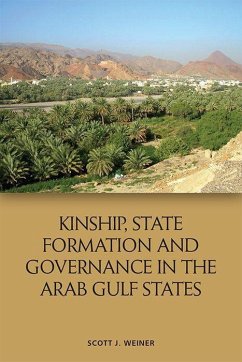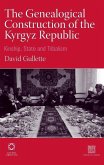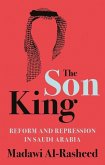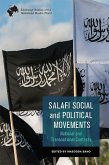A comparison of tribal politics and the impact on governance in Kuwait, Oman and Qatar Tribe-state relations are a foundational element of authoritarian bargains in the Middle East - particularly in the Gulf States. However, the structures of governance built upon that foundation exhibit wide differences. What explains this variation in the salience of kinship authority? Through a case comparison of Kuwait, Qatar and Oman, Scott Weiner shows that variation in tribal access to limited resources before state building can account for these differences. Based on empirical data and over 50 interviews with former government officials, tribal leaders, civil society activists and students, the book reveals important new details about state formation on the Arabian Peninsula. Key features Systematically connects the construction of kinship identity to state-level political outcomes Emphasises the importance of pre-state conditions to post-state building politics Assesses kinship politics in the ruling family, state ministries, parliaments, local governing institutions and interpersonal interactions Scott Weiner is a professorial lecturer in political science at George Washington University.








